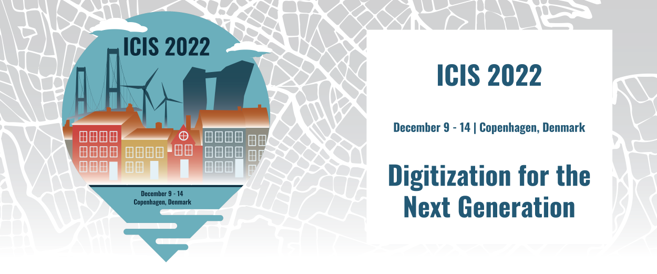Paper Number
1291
Paper Type
Short
Description
The past few years have seen an unprecedented explosion of interest in fair machine learning algorithms. Such algorithms are increasingly being deployed to improve fairness in high-stakes decisions in organizations, such as hiring and risk assessments. Yet, despite early optimism, recent empirical studies suggest that the use of fair algorithms is highly unpredictable and may not necessarily enhance fairness. In this paper, we develop a conceptual model that seeks to unpack the dynamic sensemaking and sensegiving processes associated with the use of fair algorithms in organizations. By adopting a performative-sensemaking lens, we aim to systematically shed light on how the use of fair algorithms can produce new normative realities in organizations, i.e. new ways to perform fairness. The paper contributes to the growing literature on algorithmic fairness and practice-based studies of IS phenomena.
Recommended Citation
Gkeredakis, Manos, "Fair Algorithms in Organizations: A Performative-Sensemaking Model" (2022). ICIS 2022 Proceedings. 1.
https://aisel.aisnet.org/icis2022/ai_business/ai_business/1
Fair Algorithms in Organizations: A Performative-Sensemaking Model
The past few years have seen an unprecedented explosion of interest in fair machine learning algorithms. Such algorithms are increasingly being deployed to improve fairness in high-stakes decisions in organizations, such as hiring and risk assessments. Yet, despite early optimism, recent empirical studies suggest that the use of fair algorithms is highly unpredictable and may not necessarily enhance fairness. In this paper, we develop a conceptual model that seeks to unpack the dynamic sensemaking and sensegiving processes associated with the use of fair algorithms in organizations. By adopting a performative-sensemaking lens, we aim to systematically shed light on how the use of fair algorithms can produce new normative realities in organizations, i.e. new ways to perform fairness. The paper contributes to the growing literature on algorithmic fairness and practice-based studies of IS phenomena.
When commenting on articles, please be friendly, welcoming, respectful and abide by the AIS eLibrary Discussion Thread Code of Conduct posted here.



Comments
10-AI